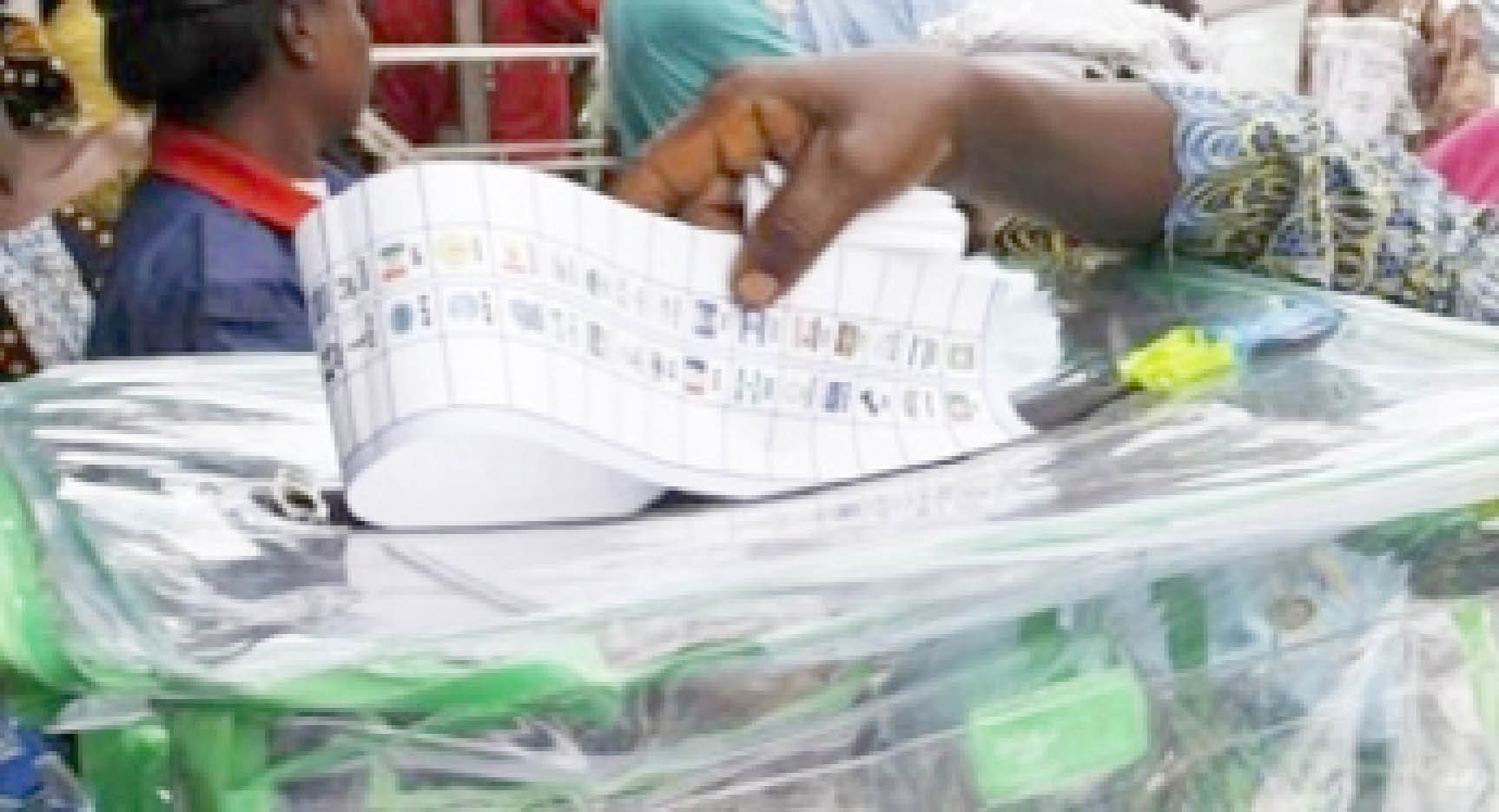Arabic, IRS teachers urge Nigerians to elect righteous candidates
The Nigeria Association of Teachers of Arabic and Islamic Studies (NATAIS) has urged Nigerians to ensure that only righteous and capable candidates are elected at all levels in the 2023 elections. NATAIS said it believed that the participation of righteous and capable leaders in politics can sanitize electoral processes and governance from corrupt practices, mismanagement […]

Election
The Nigeria Association of Teachers of Arabic and Islamic Studies (NATAIS) has urged Nigerians to ensure that only righteous and capable candidates are elected at all levels in the 2023 elections.
NATAIS said it believed that the participation of righteous and capable leaders in politics can sanitize electoral processes and governance from corrupt practices, mismanagement and maladministration of resources.
The association stated this in a communique issued after its 39th national conference organised in collaboration with the Nigeria Arabic Language Village (NALV) Ngala held in Maiduguri, Borno State.
The communique was jointly signed by Prof Musa Adesina Abdu-Raheem, National President and Dr Muhammad Sharif Ramadan, National Secretary.
Has Arabic ever been used as Nigeria’s official language since independence?
Super Eagles drop in FIFA ranking as Morocco soars to 11th
It said politics is an intrinsic part of Islam and urged Muslims to participate and practice it based on the dictates of Islam to ensure citizens’ welfare and sustainable development.
The association also enjoined politicians to concentrate on the welfare of the citizens and shun personal and vain interests in governance.
NATAIS also advocated the teaching of the Islamic political system at all levels of Arabic and Islamic studies in educational institutions to guarantee positive change.
It appealed to all stakeholders to support the efforts of Borno state governor, Babagana Zulum, to sustain the revitalization of Arabic and Islamic studies in Borno State and beyond.
Daily Trust reports that the conference was attended by 500 delegates from 44 universities, 20 Colleges of Education and 10 Colleges of Legal and Islamic Studies.
